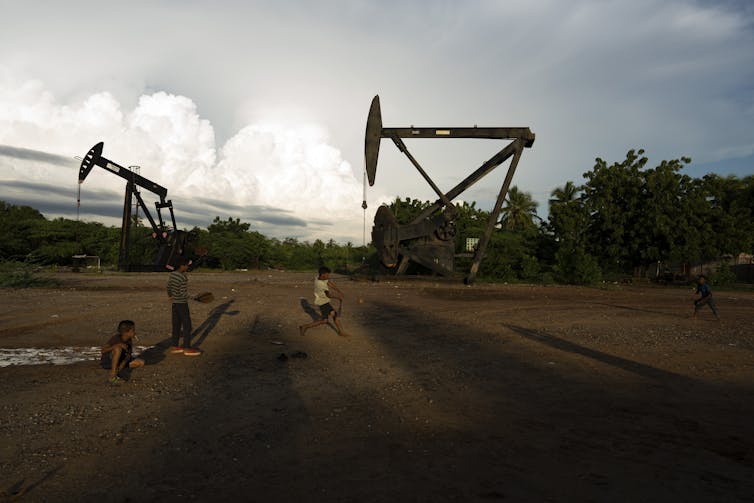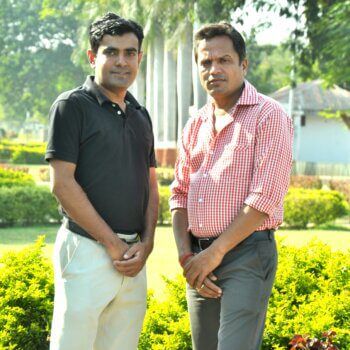Key Takeaway:
The production and consumption of fossil fuels is on the rise, and expected to peak within the next decade. To consider alternatives to oil, we need to be aware of the scale of its integration into our lives. Caleb Wellum, an assistant professor of U.S. history at the University of Toronto Mississauga, Canada, notes that the 1970s oil crisis was a significant moment in human history that helped shape our current consumption patterns. Defining that transition can be tricky, as it carries different stakes depending on how it is interpreted. Natalie Koch is a professor of human geography at the Geography Institute at the University of Heidelberg, Germany. Her research looks at how petrostates have presented spectacular alternative energy projects to distract from the need to move away from oil. However, these projects are not all as they seem, as a solar farm in the desert in Morocco is facing challenges due to the amount of water required. To transition to a world post-oil, it requires more than successful and sustainable alternative technologies, but political decisions.
Our dependence on fossil fuels is one of the biggest challenges to overcome in the fight against climate change. But production and consumption of fossil fuels is on the rise, and expected to peak within the next decade.
Oil is not only used as a fuel, but is integral to everyday life through its applications in plastics, manufacturing processes, fabrics, paints and chemicals. In order to consider alternatives to oil, we need to be aware of the scale of its integration into our lives.
Caleb Wellum is an assistant professor of U.S. history at the University of Toronto Mississauga, Canada.
“I almost hesitate to say this, because this kind of depiction of deep dependence on oil has actually been a strategy of oil companies themselves to say, look, you can’t have a modern world, a modern way of life without oil,” Wellum points out. “So this is not to say it’s inescapable, but it’s to say that the challenges are significant to transitioning to some kind of after-oil.”
Defining that transition can be tricky, because it carries different stakes depending on how it is interpreted: does it mean continuing to extract oil “until the last drop,” or finding alternatives right now?

Wellum notes that the 1970s oil crisis was a significant moment in human history that helped shape our current consumption patterns. There was a debate between environmentalists and economists that signalled a moment at the crossroads for our current relationship with oil.
“I noticed there was a need to transition away from oil. And there was also a free market argument that argued the energy crisis was a sign of bad government policy of governments intervening in markets and making it inefficient,” he said. “Eventually, this market argument won out and there was no energy transition.”
There was a growing awareness of the environmental impact of the extraction and consumption of fossil fuels, and the urgent need to combat climate change to reduce global warming. And recently, governments around the world — including in countries dependent on oil revenues — are committing to finding energy alternatives.
Natalie Koch is a professor of human geography at the Geography Institute at the University of Heidelberg, Germany. Her research looks at how petrostates have presented spectacular alternative energy projects to distract from the need to move away from oil.
“There’s a focus on spectacular sustainability projects, and by that you see the scale and the size is just enormous. And that’s what spectacle does — it’s supposed to attract a lot of attention because the size range of the project is really quite impressive,” Koch said.
But these ambitious alternative energy projects aren’t all as they seem, she cautions. Koch describes how a solar farm in the desert in Morocco — one of the largest such projects in the world — is facing challenges because of the amount of water required. A PBS report on the world’s largest solar farm in Morocco.
To transition to a world post-oil, whatever that may look like, requires more than successful and sustainable alternative technologies.
“There are a lot of factors that go into why it is that we’re dependent on oil, but they’re not just about the convenience of the source of energy,” Wellum points out. “It’s about political decisions.”





























